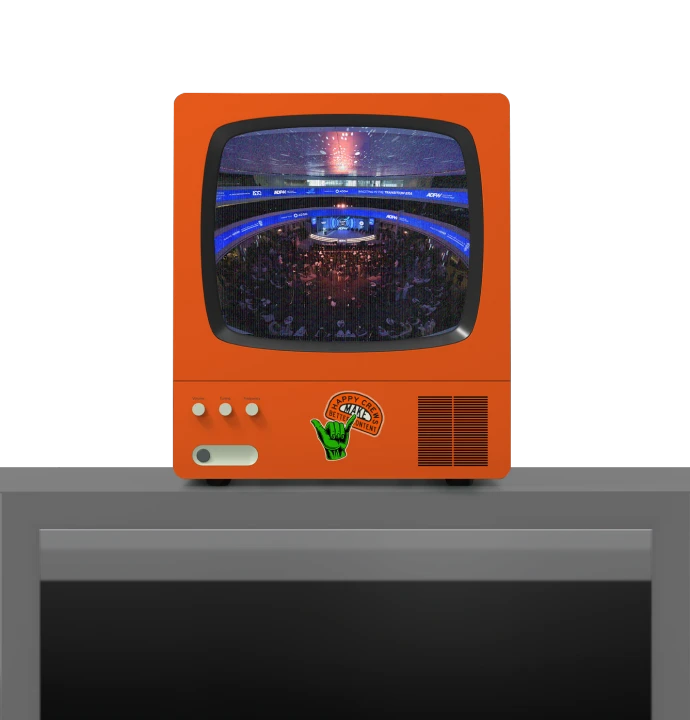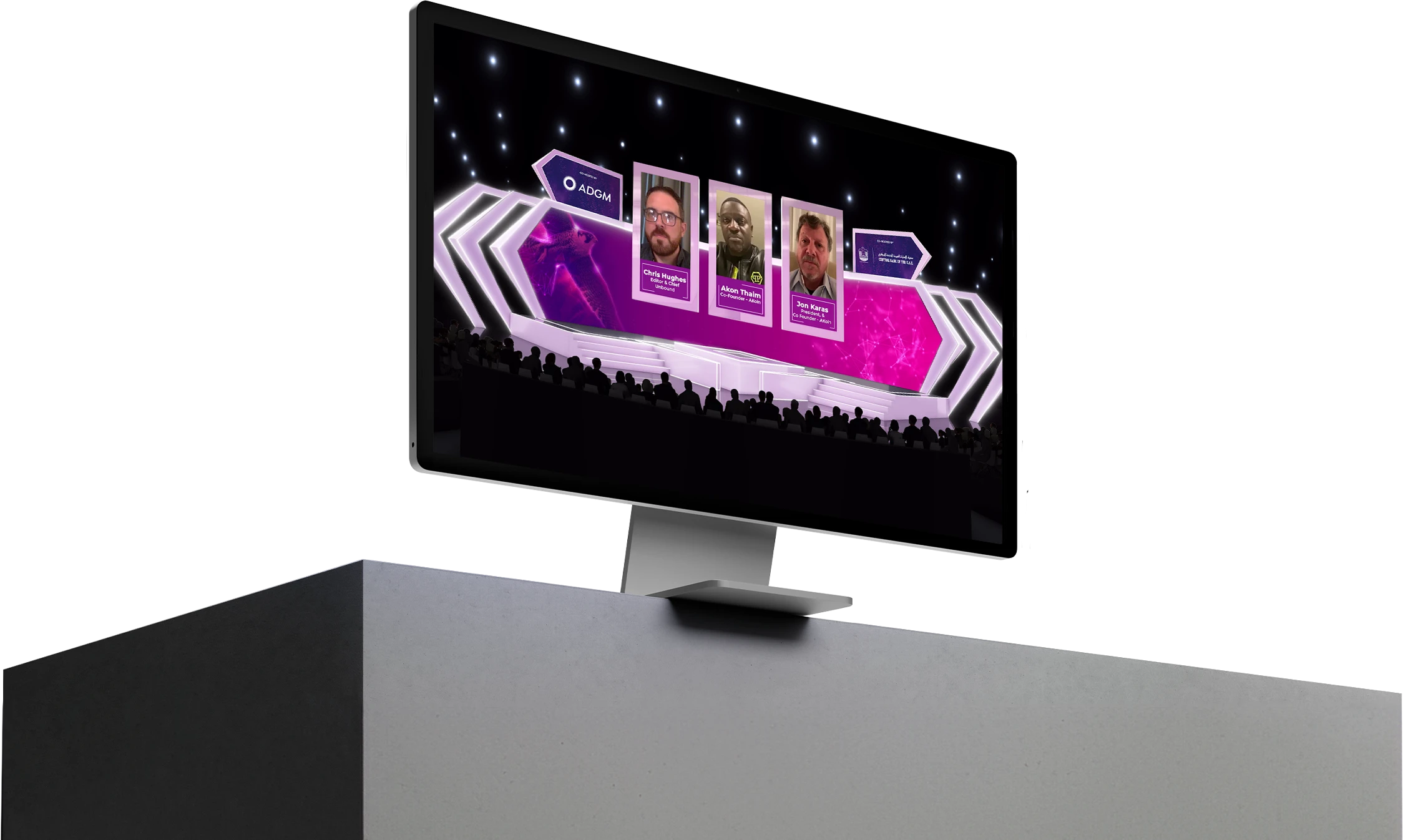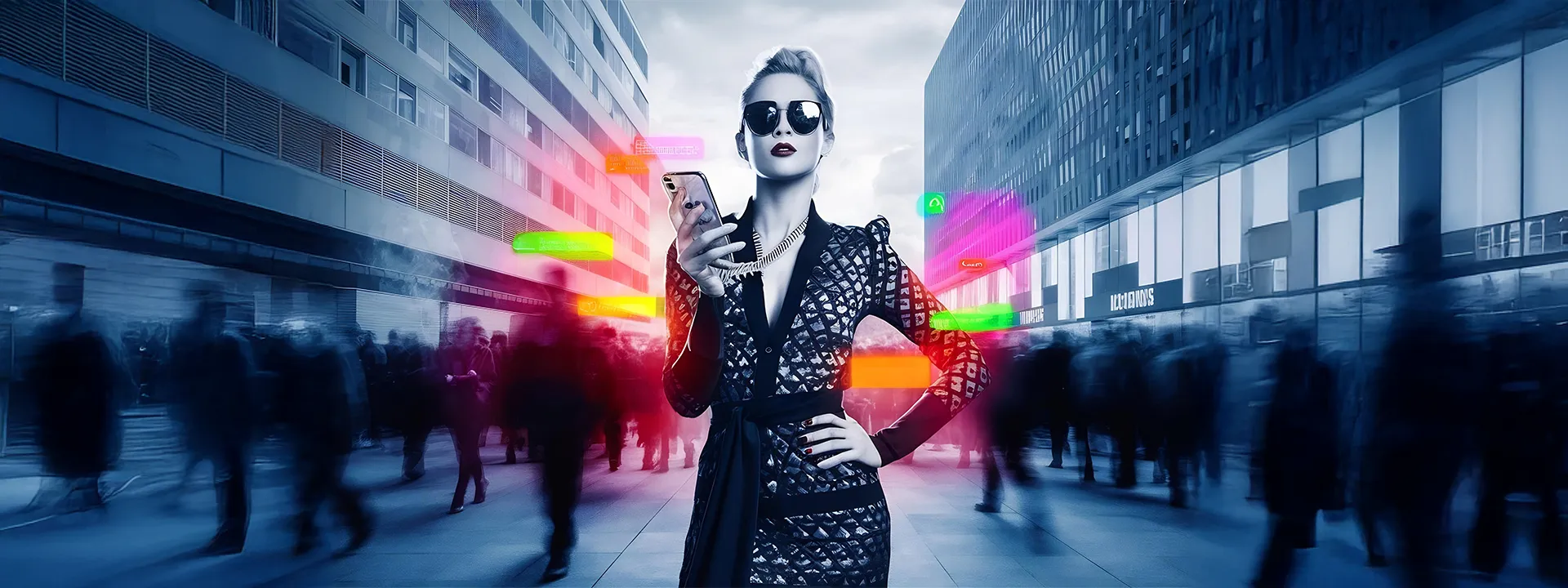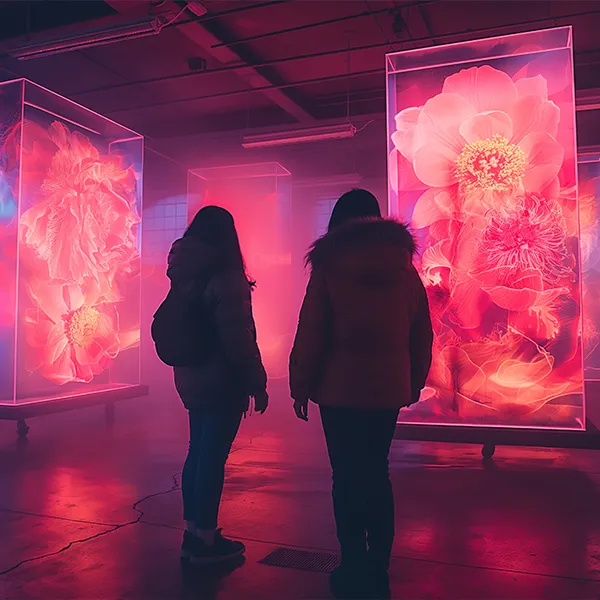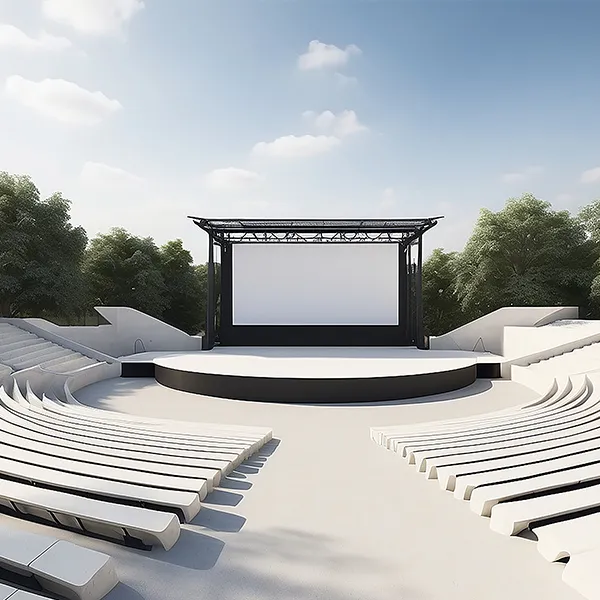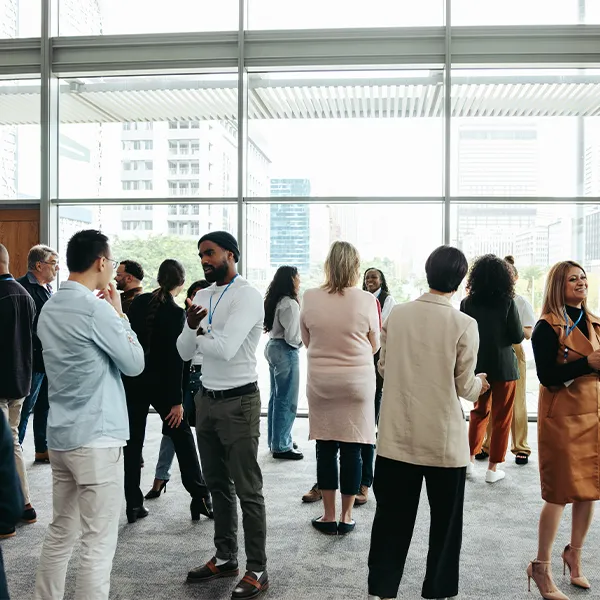The Power of Influence: Social Media's Role in Event Success
Event marketing has evolved dramatically over the past decade, driven largely by the digital revolution. No longer confined to traditional advertising, event organisers now rely heavily on social media and influencers to generate buzz, build excitement, and ultimately drive attendee engagement. In this blog, we'll explore how social media and influencer partnerships are reshaping event marketing, making events more dynamic, personalised, and globally accessible than ever before.
The Rise of Social Media in Event Marketing
Social media has become the backbone of event marketing. Platforms like Instagram, Facebook, LinkedIn, and X (formerly Twitter) are where events come to life before, during, and after they happen. Here's how social media is enhancing attendee engagement:
- Pre-Event Hype and Registration Push Social media is the go-to channel for spreading the word about upcoming events. Teasers, countdowns, and behind-the-scenes content build anticipation, while targeted ads help convert casual interest into ticket sales. Hashtags play a key role, providing a central hub for conversations and allowing potential attendees to easily find and follow event updates.
- Real-Time Engagement During the event, social media offers attendees the opportunity to share their experiences in real-time. Whether through live streams, Instagram Stories, or posts tagging the event, social platforms amplify the event's reach, engaging both on-site participants and virtual audiences. Event organisers can interact directly with attendees, creating polls, live Q&A sessions, or challenges that encourage active participation.
- Post-Event Longevity The event doesn't end when the doors close. Through social media, content lives on in the form of recap videos, attendee testimonials, and extended networking opportunities. This post-event engagement keeps the momentum going, leading to higher retention rates for future events.
The Influence of Influencers
Influencers—individuals with the power to sway the opinions and behaviours of their audiences—have become a crucial component of event marketing. By partnering with influencers, event organisers can reach new, highly engaged audiences in a more authentic and relatable way.
- Targeting the Right Audience Influencers often have niche audiences, making them ideal partners for targeted marketing. Whether your event is focused on technology, fashion, fitness, or business, there's an influencer with a dedicated following that matches your audience demographic. Collaborating with these influencers ensures your event gets in front of the right people, boosting both visibility and credibility.
- Building Trust and Authenticity Audiences tend to trust recommendations from influencers they follow, much more than traditional advertisements. When influencers promote an event, it feels more personal and authentic, as they share their genuine enthusiasm for the experience. This trust translates to increased ticket sales and stronger attendee engagement.
- Behind-the-Scenes Access and Exclusive Content Influencers thrive on exclusivity. Offering influencers early access, sneak peeks, or VIP experiences generates excitement and intrigue around your event. When influencers share this behind-the-scenes content, it creates FOMO among their followers, encouraging them to register or attend the event.
- Onsite Content Creation At the event, influencers can act as content creators, live streaming or posting updates that capture the energy and excitement of the event. Their onsite involvement serves as a real-time endorsement, amplifying the event's presence across social media platforms and creating a sense of inclusion for followers unable to attend in person.
Merging Digital and In-Person Experiences
The fusion of social media and influencers has also blurred the lines between digital and in-person experiences. Hybrid events—those that combine physical and virtual components—have become a staple in modern event marketing. Influencers, along with social media, play a critical role in bridging the gap between these two worlds, ensuring that both physical attendees and virtual participants feel connected and engaged.
- Virtual Engagement through Live Content Virtual attendees can follow along through influencers' live streams, behind-the-scenes tours, or Q&A sessions that make them feel part of the action. The ability to engage remotely gives events a global reach and ensures that they aren't limited by geographical constraints.
- Interactive Campaigns and Gamification Social media provides tools for gamifying events, like scavenger hunts or digital leaderboards, rewarding attendees for participation. Influencers often lead these interactive campaigns, encouraging their followers to engage with event-related activities for the chance to win prizes or gain recognition.
- Data-Driven Insights Social media engagement provides valuable data that helps event organisers understand their audience's preferences and behaviours. Metrics like shares, likes, comments, and follower growth offer insight into what resonates with attendees, guiding future event marketing strategies.
Conclusion: The Future of Event Marketing
As the digital landscape continues to evolve, so will the role of social media and influencers in event marketing. What remains clear is that the future of attendee engagement lies in creating experiences that blend the personal touch of influencers with the far-reaching power of social media. Whether through targeted promotions, real-time interactions, or extended post-event conversations, these digital tools offer endless opportunities to connect, inspire, and engage audiences on a global scale.
Event marketing has never been more exciting—and those who harness the power of social media and influencers will stay ahead of the curve.


